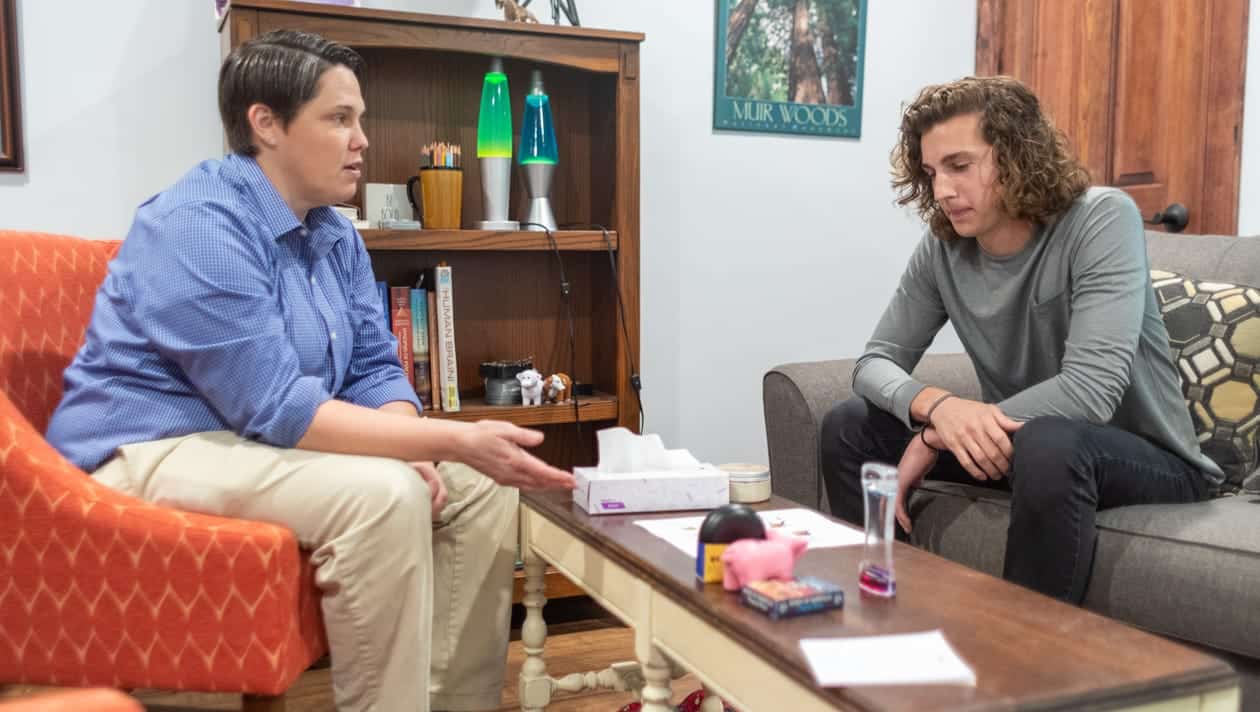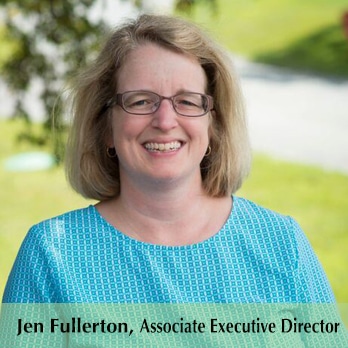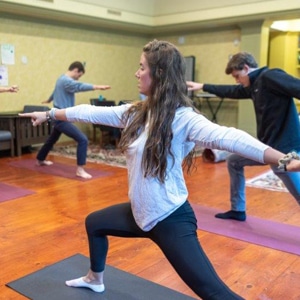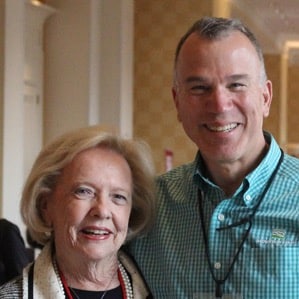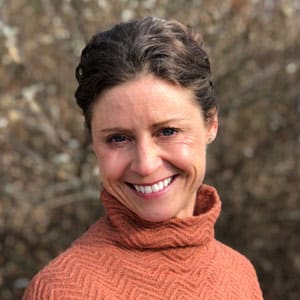Spring has come and in its wake of budding leaves and blooming flowers, we are on the cusp of summer in Plainfield, NH. As the sun has come out to play, so have those on campus at Mountain Valley… you can find residents and staff alike outside during all hours of the day!
As much as we value the energy and fun that tend to accompany the sun, we are here for therapeutic work; isn’t it wonderful then, that fun, sun, and the great outdoors are linked to powerful and lasting health benefits! Studies have shown that spending time outside is linked to decreased symptoms of anxiety and depression, increased mood and concentration, and improved cardiovascular health. Here are some of the activities we are planning for this spring and summer at Mountain Valley:
Summer Activities at Mountain Valley
- Trails: This spring residents engaged in trail maintenance to clear debris from heavy snow fall this winter to clear our on-campus trail system. Our trail system is used regularly for walking, running, and even mountain biking. You will find residents walking the trails both alone and with staff as an effective and adaptive way to manage and process complex emotions.
- Physical Wellness: During physical wellness residents engage in games of tag, sports such as pickleball, and classic games such as four square. While utilizing the trail system you will often hear “FLOOD” yelled during physical wellness, as residents must suddenly find high ground as a way to bring excitement to an otherwise relaxing walk. Occupational therapist Kevi Mihas will facilitate a group yoga practice in the shade.
- Gardening: As the frosts have dissipated and the grounds awaken, we will be spending more and more time caring for the local plants on campus. Residents will be taking an active role in the preparation of both garden and flower beds. Spending time getting dirty outside helps to strengthen and diversify our complex immune systems and microbiomes, which plays an important role in our mental health.
- Animal Care: Several weeks ago, residents helped the sheep get sheared and have spent ample time and energy mucking stalls after a long winter. Mountain Valley also welcomed our newest farm family members just last week, a flock of 18 baby chickens! The residents will help care for the chicks hands-on until they are independent chickens, helping to manage the bugs on campus and providing feathery companionship to all.
- Outdoor Adventures: With snow and ice gone and mud season coming near its end, our adventure programming will be ramping up with recreational therapist J’Amy VanderVeur and milieu support specialist TJ Baumann. The low ropes courses on campus will be teeming with activity as residents explore elements which require balance, lifting, and creativity to overcome both group and individual challenges. Residents will also have the opportunity to engage with high ropes course elements such as a climbing wall, high cabled elements, and giant swings on campus and at the Upper Valley Stewardship Center during the weekends. On all low and high ropes course elements, residents are invited to engage in their chosen level of challenge as they face personal fears and support their peers in facing theirs. When not traversing cables, residents will be exploring the mountains around New Hampshire and Vermont hiking, learning about local plants and animals, developing bush craft skills such as fire making and local edibles, and even exploring caves!

